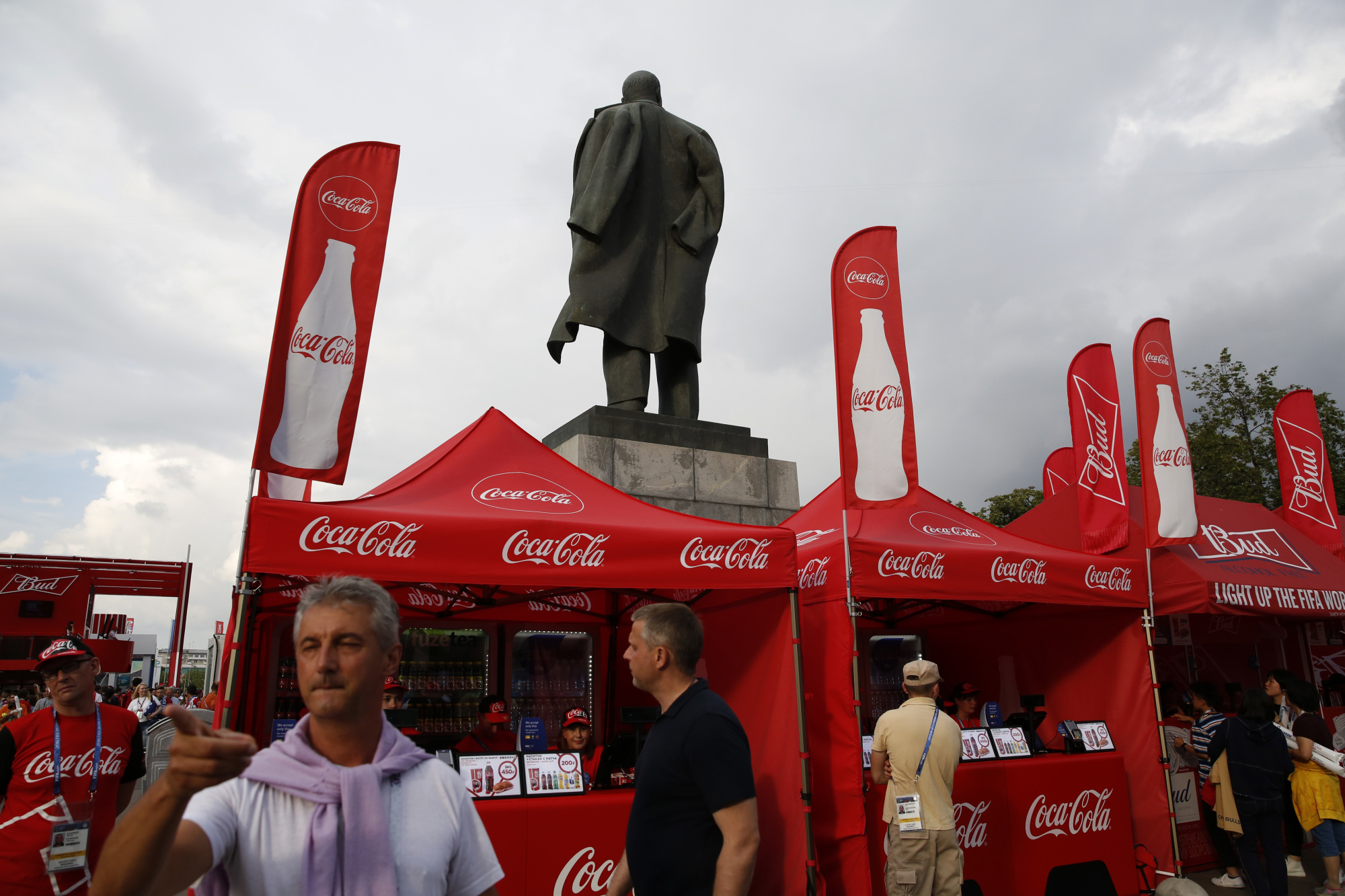When the last fan files out of Moscow's Luzhniki stadium on Sunday after the soccer World Cup final, Vladimir Putin can bask in the knowledge that his objective for the tournament has been met: Russia has, for now at least, been re-branded.
After years when the dominant themes reaching global audiences about Russia have been associated with violence and diplomatic conflict, the tournament was a five-week stream of positive images being beamed to billions of televisions and smartphone screens.
That does not neutralize the issues for which the Kremlin is widely criticized. Those include its annexation of Ukraine, its treatment of sexual minorities, its bombing campaign in Syria and allegations, denied by Moscow, that it assassinates its opponents on foreign soil.



















With your current subscription plan you can comment on stories. However, before writing your first comment, please create a display name in the Profile section of your subscriber account page.